Home>Garden Essentials>How Long Do Petunias Take To Germinate
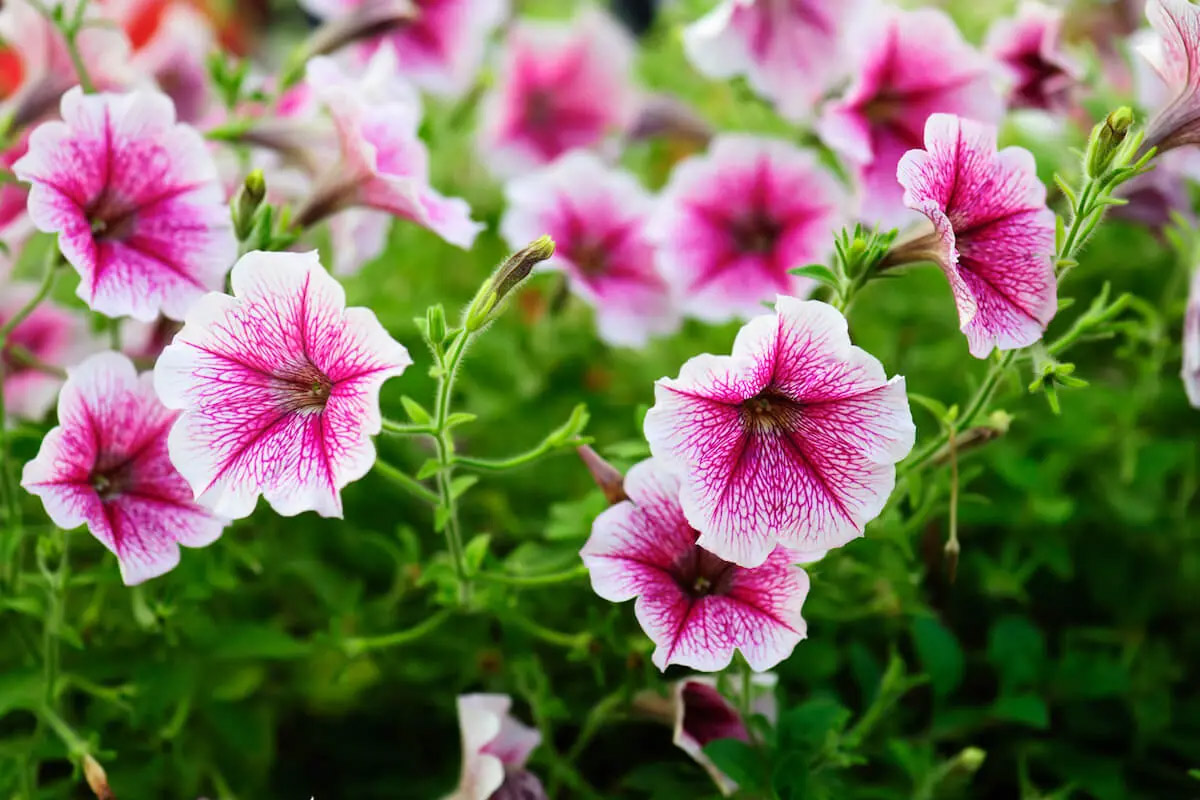

Garden Essentials
How Long Do Petunias Take To Germinate
Modified: March 15, 2024
Discover how long it takes for petunias to germinate and get your garden blooming in no time!
(Many of the links in this article redirect to a specific reviewed product. Your purchase of these products through affiliate links helps to generate commission for Storables.com, at no extra cost. Learn more)
Introduction
Gardening is a rewarding and enjoyable hobby that allows us to connect with nature and cultivate beautiful plants. One popular plant that can add vibrant colors to any garden is the petunia. These lovely flowers come in a wide range of hues and are known for their long blooming period.
One common question from gardeners is how long it takes for petunias to germinate. Germination is the process where a seed develops into a new plant. Understanding the germination time for petunias is crucial for planning and ensuring a successful garden.
In this article, we will explore the factors that influence the germination time of petunias, optimal conditions for germination, different germination times for various petunia varieties, tips for speeding up the germination process, and troubleshooting germination issues.
So, whether you are a seasoned gardener or a beginner looking to grow petunias for the first time, this article will provide you with the knowledge you need to successfully germinate these beautiful flowers in your garden.
Key Takeaways:
- Petunias germinate best in warm temperatures, moist soil, and exposure to light. Factors like seed quality and variety influence germination time. Follow tips to speed up germination and troubleshoot common issues for successful growth.
- Understanding the factors that affect petunia germination, providing optimal conditions, and implementing effective tips can maximize the success of growing vibrant petunias in your garden.
Read more: How Long Do Poppies Take To Germinate?
Factors Affecting Germination Time
The germination time for petunias can vary depending on several factors. Understanding these factors will help you plan and optimize the germination process. Let’s take a closer look at some of the key factors that influence how long it takes for petunias to germinate.
Seed Quality: The quality of the seeds you use plays a significant role in the germination time. Fresh and high-quality seeds will typically germinate faster than old or low-quality seeds. It is recommended to purchase seeds from reputable sources to ensure better germination rates.
Temperature: Petunias prefer warm temperatures for germination. The ideal temperature range for petunia germination is between 70°F and 75°F (21°C and 24°C). Higher temperatures can shorten the germination time, while colder temperatures can significantly delay germination or even prevent it altogether.
Moisture: Adequate moisture is essential for the germination process. Petunia seeds need to be consistently moist but not soaked in water. Proper moisture levels ensure that the seeds can imbibe water and activate the germination process. Be mindful of not letting the seeds dry out during germination.
Light: Light requirements for petunia germination are unique. Petunia seeds are considered light-sensitive, which means they need exposure to light for germination to occur. It is recommended to lightly press the seeds into the germination medium or cover them with a thin layer of vermiculite to allow some light to reach them.
Seed Depth: Petunia seeds are tiny and should be sown at a shallow depth. Planting the seeds too deep can delay germination or prevent it altogether. A general rule is to lightly press the seeds into the germination medium, ensuring good contact with the soil without burying them too deep.
Soil Quality: The quality of the soil or germination medium can also affect germination time. Well-draining soil with good moisture retention and nutrient content will promote faster and healthier germination. Avoid using heavy or compacted soils that can impede seedling emergence.
Seed Treatment: Some gardeners use seed treatments to enhance germination, such as soaking the seeds overnight or scarifying the seed coat to break its dormancy. These treatments can potentially shorten germination time, but they are not always necessary for petunia seeds.
By understanding and managing these factors, you can create optimal conditions for petunia seed germination, ensuring a higher success rate and quicker emergence of seedlings. Now that we have explored the factors affecting germination time let’s move on to understanding the optimal conditions for petunia germination.
Optimal Conditions for Petunia Germination
Providing the ideal conditions for petunia germination is essential to ensure successful seedling emergence. By creating the right environment, you can encourage faster and more uniform germination. Here are the optimal conditions for petunia germination:
Temperature: Petunias prefer a warm environment for germination. Maintaining a temperature range between 70°F and 75°F (21°C and 24°C) will help promote faster and more consistent germination. You can use a seedling heat mat or place the seeds in a warm area of your home to maintain the appropriate temperature.
Moisture: Petunia seeds require consistent moisture for successful germination. Before sowing the seeds, make sure the germination medium is evenly moist but not waterlogged. It’s important to maintain a balance – too little moisture can hinder germination, while excessive moisture can lead to fungal issues. Mist the medium regularly to keep it moist throughout the germination process.
Light: Petunia seeds are light-sensitive and require exposure to light for germination. When sowing petunia seeds, press them lightly into the germination medium to ensure good seed-to-soil contact while still allowing some light to reach the seeds. Avoid burying the seeds too deep, as this can inhibit germination.
Air Circulation: Good air circulation is crucial for preventing damping-off disease and promoting healthy germination. Avoid overcrowding the seeds or using containers with poor airflow. If using trays or containers with lids, make sure to remove the lid once germination begins to allow for proper air exchange.
Germination Medium: Choose a well-draining germination medium that retains moisture well. A mix of peat moss and perlite or a seed-starting mix can provide the right balance of moisture retention and drainage. Avoid using heavy or compacted soils that can hinder germination.
Patience: Germination time can vary depending on the petunia variety and environmental conditions. It’s important to be patient and avoid the temptation to disturb the seeds or the germination medium. Allow the seeds to undergo the natural germination process without interference.
By following these optimal conditions for petunia germination, you can increase the chances of successful seedling emergence and get your garden off to a great start. Now, let’s take a look at the typical germination times for different petunia varieties.
Germination Time for Different Petunia Varieties
Petunias are available in a wide array of varieties, each with its own unique characteristics and germination requirements. Understanding the germination time for different petunia varieties can help you plan your planting schedule and manage your expectations. Here are some common petunia varieties and their typical germination times:
- Grandiflora Petunias: Grandiflora petunias are known for their large, showy flowers. They typically take around 7 to 10 days to germinate.
- Multiflora Petunias: Multiflora petunias produce an abundance of smaller blooms. They usually germinate within 5 to 7 days, making them a faster option.
- Wave Petunias: Wave petunias are popular for their spreading and trailing growth habit. They have a slightly longer germination time, often ranging from 10 to 14 days.
- Cascading Petunias: Cascading petunias are ideal for hanging baskets and containers. They tend to have a similar germination time frame as wave petunias, taking around 10 to 14 days to germinate.
- Miniature Petunias: Miniature petunias, also known as calibrachoa or million bells, have tiny flowers and a compact growth habit. They generally have a shorter germination time, typically ranging from 5 to 7 days.
It’s important to note that these germination times are just general guidelines, and actual germination may vary depending on environmental conditions and seed quality. It’s advisable to consult the specific seed packet or supplier for more accurate information on germination timelines for the particular petunia variety you are growing.
Now that we have explored the germination times for different petunia varieties, let’s move on to some tips for speeding up the germination process.
Petunia seeds typically take 7-21 days to germinate. To speed up the process, you can cover the seeds lightly with soil, keep them moist, and provide warmth and light.
Tips for Speeding up Petunia Germination
If you’re eager to see your petunias sprout and bloom, there are several tips you can follow to help speed up the germination process. While germination is a natural and time-sensitive process, these techniques can provide favorable conditions and encourage faster seedling emergence. Here are some tips to help you accelerate petunia germination:
- Pre-Soaking: Consider pre-soaking the petunia seeds before sowing. Soaking them in water overnight can help soften the seed coat and encourage quicker germination.
- Scarification: Certain petunia varieties have hard seed coats that can benefit from scarification. Gently scratching or nicking the seed coat with a file or sandpaper can break dormancy and speed up germination.
- Bottom Heat: Providing bottom heat can significantly enhance germination rates and speed. Using a seedling heat mat or placing the seed tray on a warm surface can create the ideal temperature conditions for quicker germination.
- Grow Lights: If you’re starting petunia seeds indoors, using grow lights can provide consistent and intense light for optimal germination. Place the seed trays under the grow lights for 12 to 14 hours a day to stimulate faster germination.
- Mist Regularly: Keeping the germination medium consistently moist is crucial for faster germination. Regularly mist the medium to ensure proper moisture levels and prevent drying out.
- Use Fresh Seeds: Fresh, high-quality petunia seeds have higher germination rates and tend to sprout faster. Use seeds obtained from reputable sources to maximize germination speed.
- Optimize Temperature: Maintaining a consistently warm temperature within the recommended range of 70°F to 75°F (21°C to 24°C) can expedite germination. Monitor the temperature closely and make necessary adjustments to provide the optimal conditions.
Remember, while these tips can help speed up petunia germination, it’s essential to maintain a balance and avoid extreme measures. Providing too much heat or moisture can have adverse effects on the seeds. Be patient and monitor the progress of germination closely, making adjustments as needed.
Now that you have the knowledge and tips to speed up petunia germination, let’s move on to troubleshooting common germination issues.
Read more: How Long Do Microgreens Take To Germinate
Troubleshooting Germination Issues
While germinating petunia seeds can be an exciting process, it’s not uncommon to encounter some challenges along the way. Understanding and troubleshooting common germination issues can help you overcome them and ensure successful seedling emergence. Here are some common germination issues and how to address them:
- Poor Germination: If you’re experiencing low germination rates, it could be due to several factors. First, check the seed quality and make sure you’re using fresh and viable seeds. Additionally, review your germination conditions and ensure they align with the optimal temperature, moisture, and light requirements for petunias. Adjust as needed to provide the best conditions for germination.
- Uneven Germination: Uneven germination can occur when only a portion of the seeds sprout while others remain dormant. This can be caused by inconsistent moisture levels, temperature fluctuations, or inadequate seed-to-soil contact. Ensure that your germination medium is uniformly moist and maintain a stable temperature throughout the germination process.
- Slow Germination: If your petunia seeds are taking longer to germinate than expected, it may be due to suboptimal conditions. Check and adjust the temperature to ensure it remains within the recommended range of 70°F to 75°F (21°C to 24°C). Make sure the germination medium is consistently moist but not waterlogged. If necessary, consider using bottom heat or grow lights to provide additional warmth and light stimulation.
- Fungal Issues: Excessive moisture or poor air circulation can lead to fungal issues such as damping-off disease, which can cause seedlings to wilt and collapse. To prevent fungal problems, ensure proper drainage in your germination medium, maintain good airflow, and avoid overwatering. If fungal issues arise, you can try using a fungicide or removing affected seedlings to prevent further spread.
- Seedling Weakness: If your seedlings appear weak, leggy, or pale, it may indicate insufficient light. Petunias require bright light for healthy growth. Provide adequate lighting by placing them under grow lights or in a sunny location. Rotate the seed tray regularly to ensure even light exposure and promote sturdy seedling development.
- Poor Seed-to-Soil Contact: Inadequate seed-to-soil contact can impede germination. Ensure that you lightly press the seeds into the germination medium or cover them with a thin layer of vermiculite to improve contact. Avoid planting the seeds too deep, as this can hinder germination.
By troubleshooting and addressing these germination issues, you can increase the chances of successful petunia seedling emergence and promote healthy plant growth. Remember to monitor your germination process closely and make adjustments as needed.
Now that we have explored the troubleshooting tips, let’s conclude our discussion on petunia germination.
Conclusion
Germinating petunia seeds is an exciting and rewarding process that allows you to grow beautiful and vibrant flowers in your garden. By understanding the factors that affect germination time, providing optimal conditions, and implementing effective tips, you can maximize the success of your petunia germination.
Factors such as seed quality, temperature, moisture, light, seed depth, soil quality, and seed treatments all play a vital role in determining the germination time of petunias. By managing these factors appropriately, you can create an ideal environment for seedling emergence.
Remember to provide consistent warmth, maintain proper moisture levels, and ensure exposure to light during the germination process. Pre-soaking and scarification can also be effective techniques to speed up germination. Additionally, monitoring for and troubleshooting common germination issues, such as poor germination, uneven germination, and fungal problems, will help you overcome challenges along the way.
As you embark on your petunia germination journey, be patient and flexible. Each petunia variety may have its own unique germination time, and environmental conditions can also influence how quickly the seeds sprout.
By following the tips and techniques outlined in this article, you can increase the speed and success of your petunia germination. The result will be a garden filled with stunning petunia blooms, adding beauty and color to your outdoor space.
So, get your petunia seeds ready, create the optimal germination conditions, and enjoy the gratifying process of watching your petunia seeds sprout and grow into vibrant flowers.
Frequently Asked Questions about How Long Do Petunias Take To Germinate
Was this page helpful?
At Storables.com, we guarantee accurate and reliable information. Our content, validated by Expert Board Contributors, is crafted following stringent Editorial Policies. We're committed to providing you with well-researched, expert-backed insights for all your informational needs.
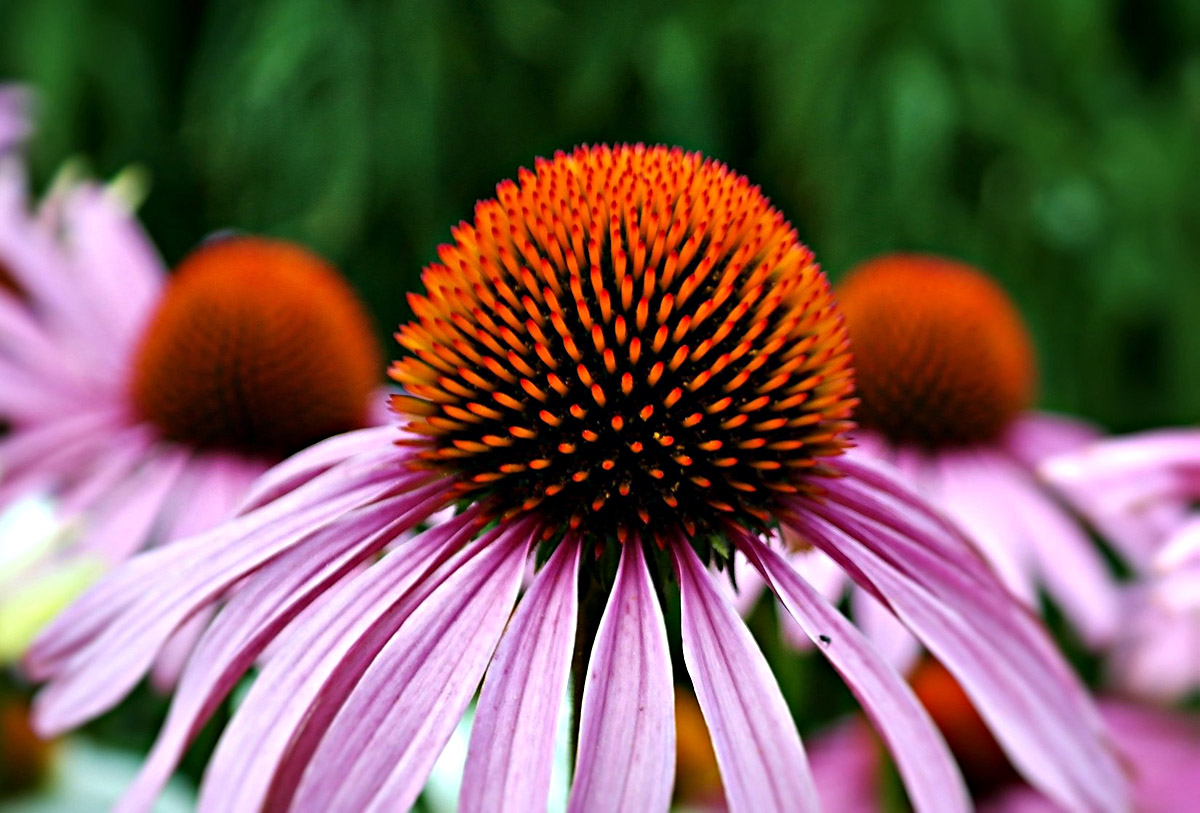
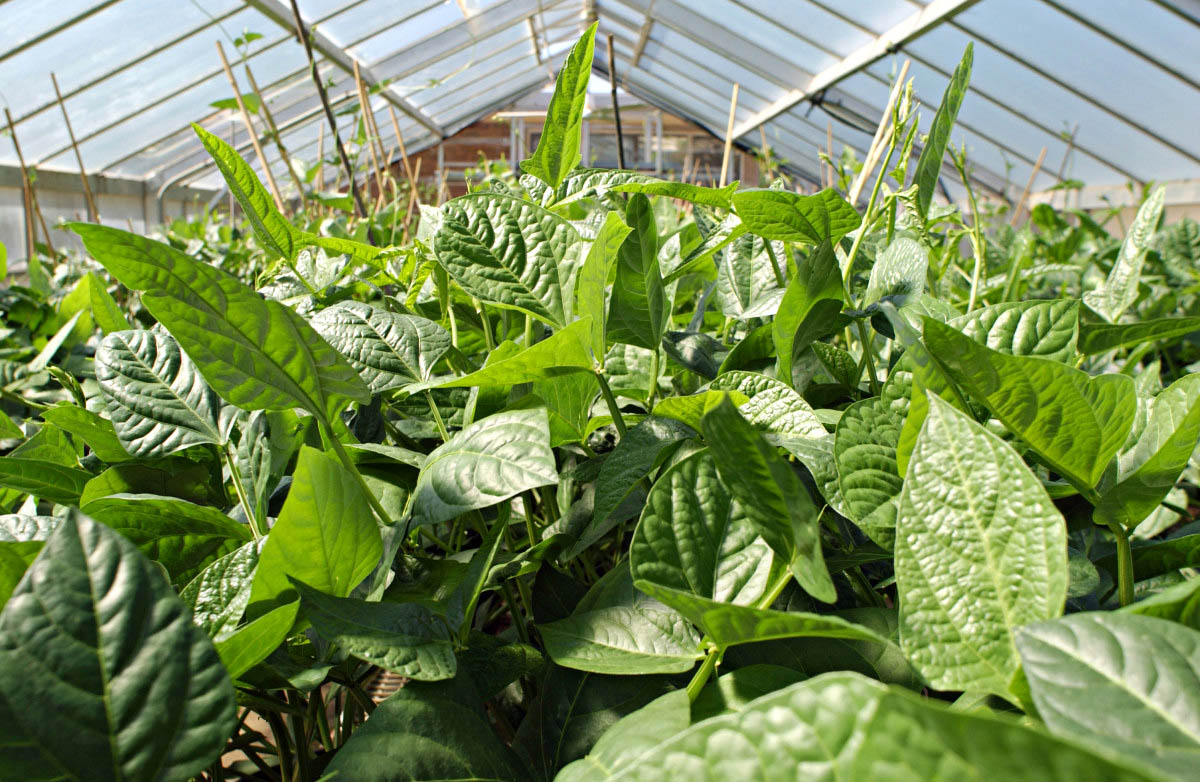
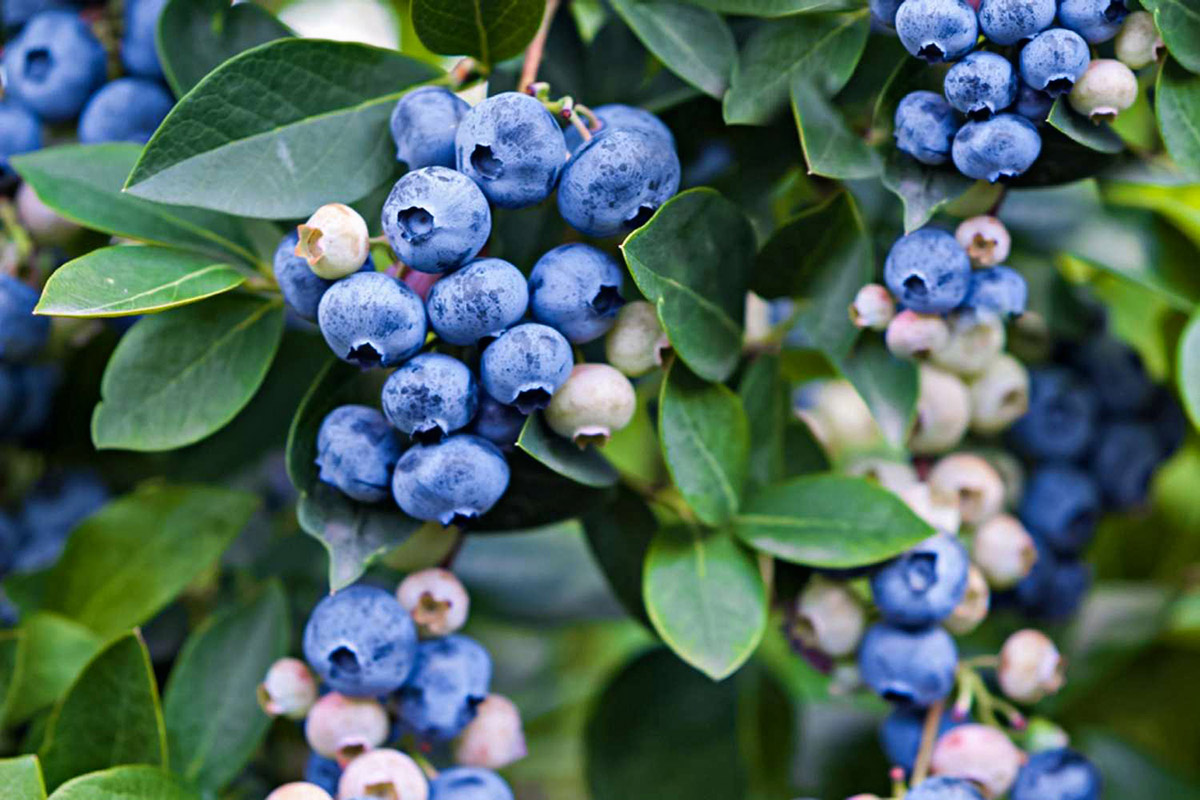
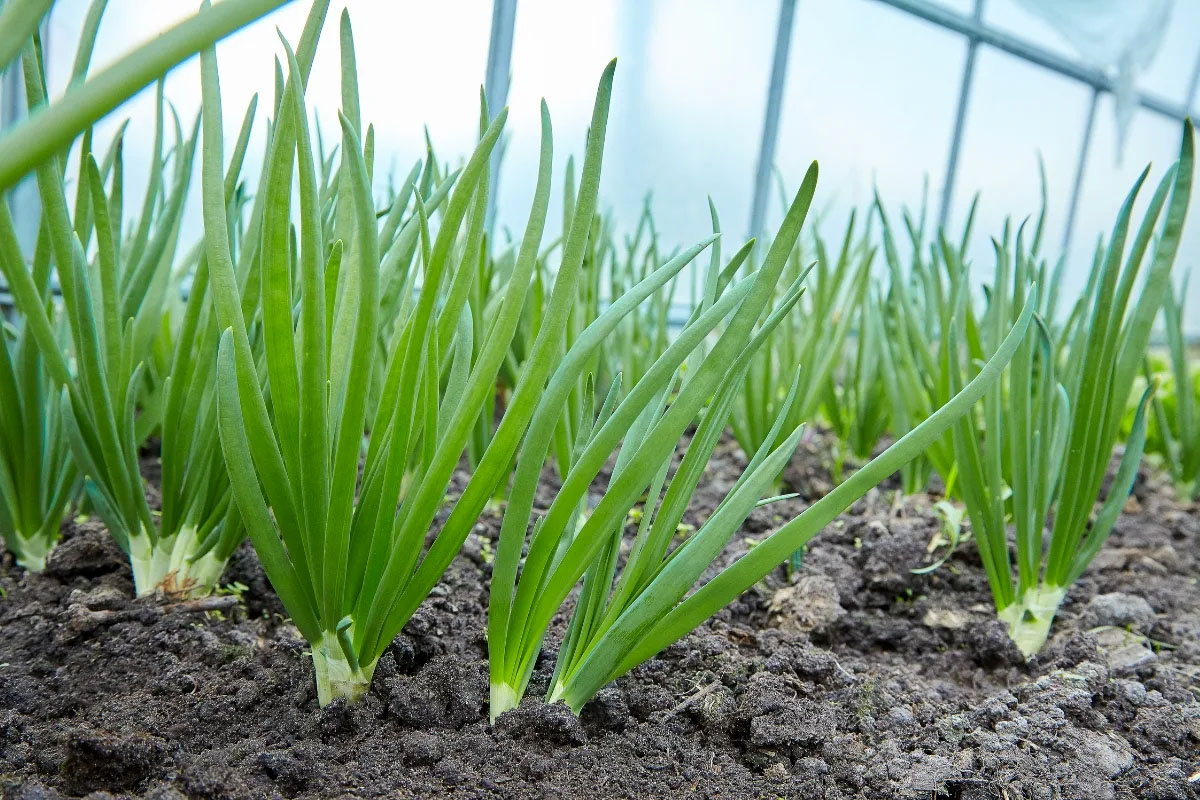
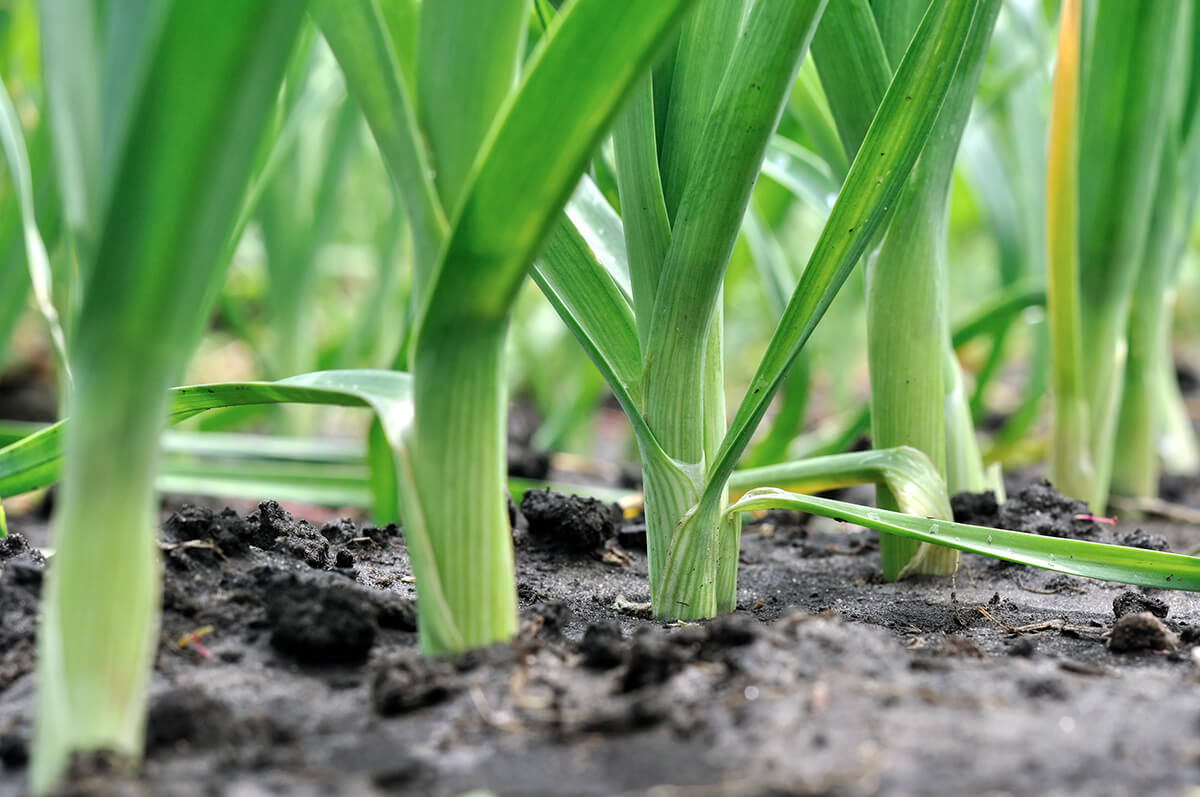
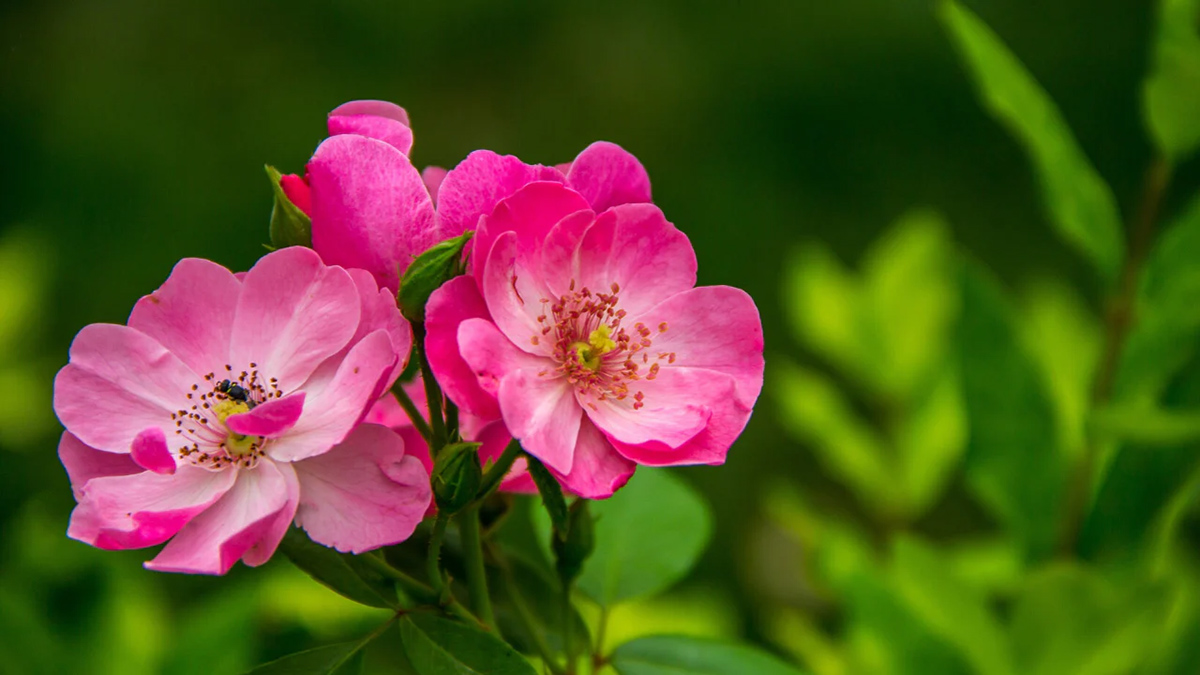
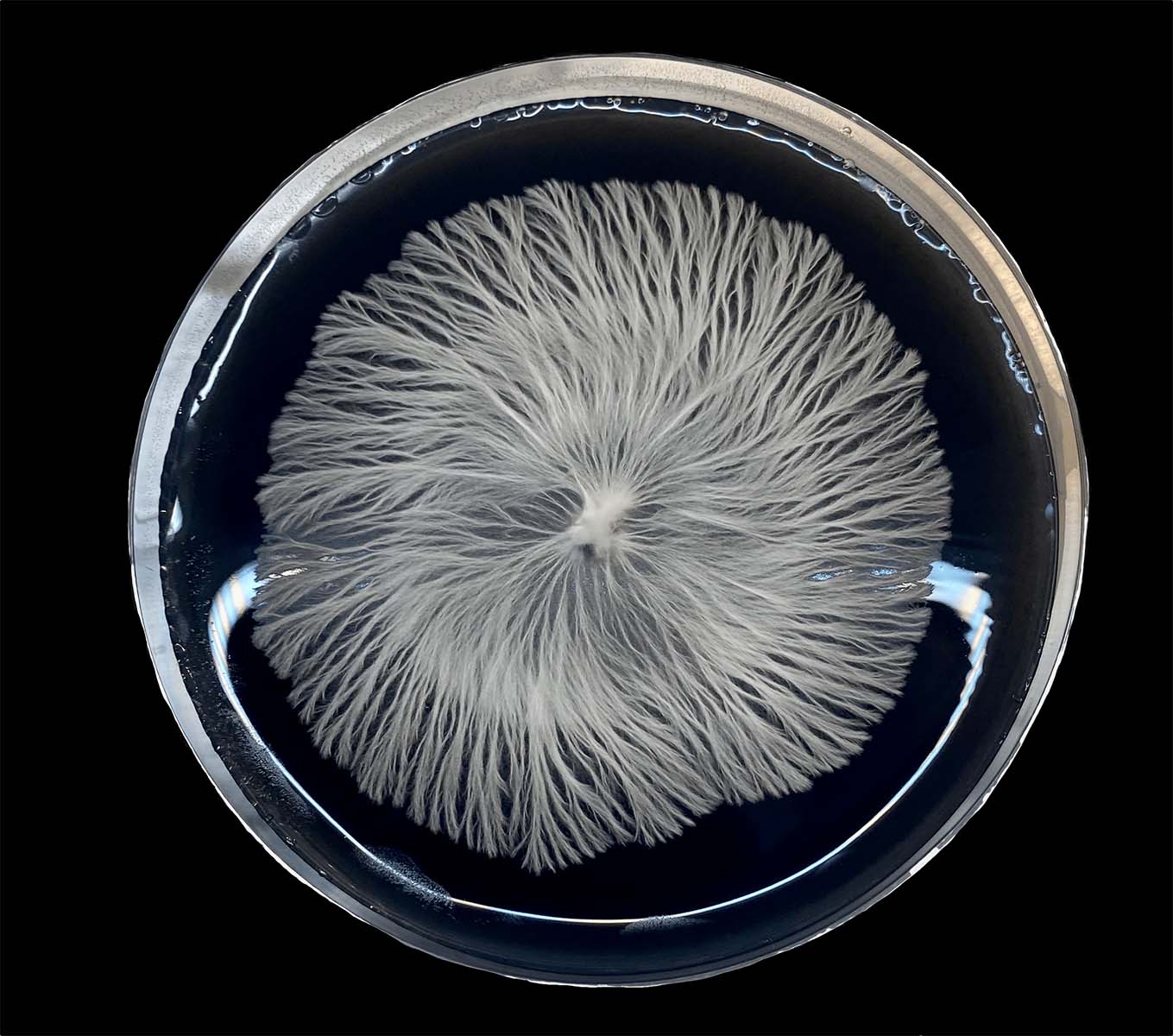
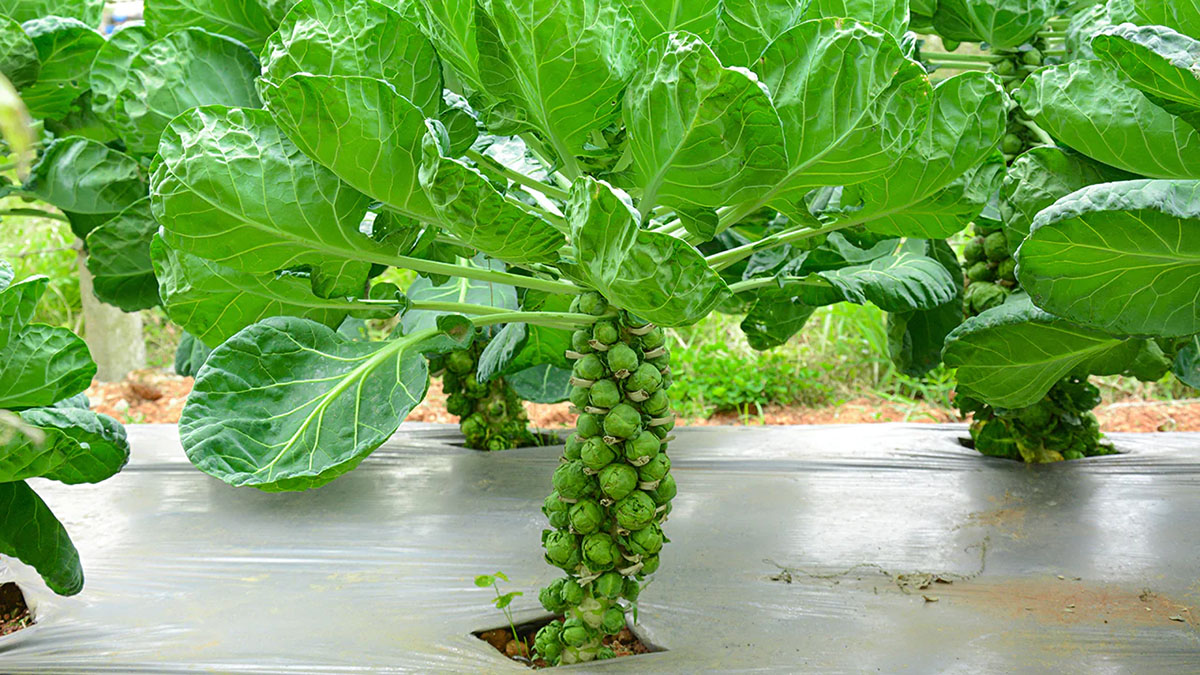
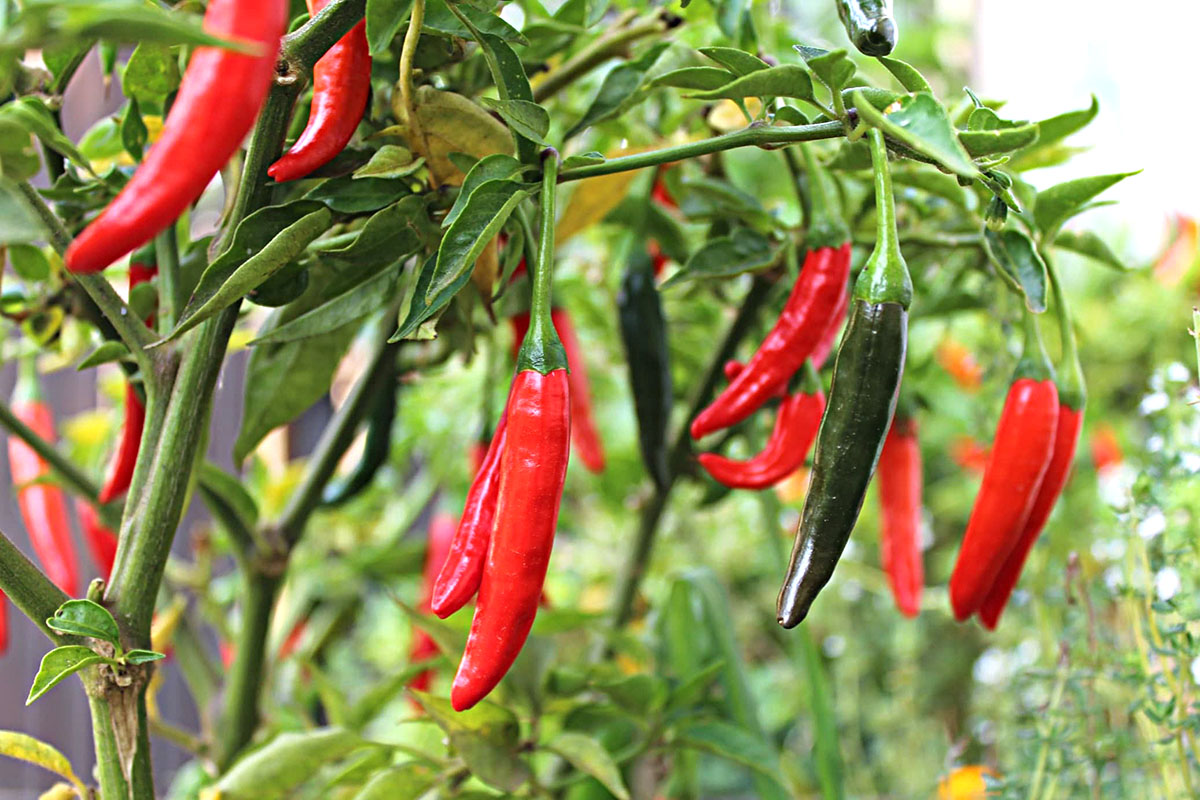

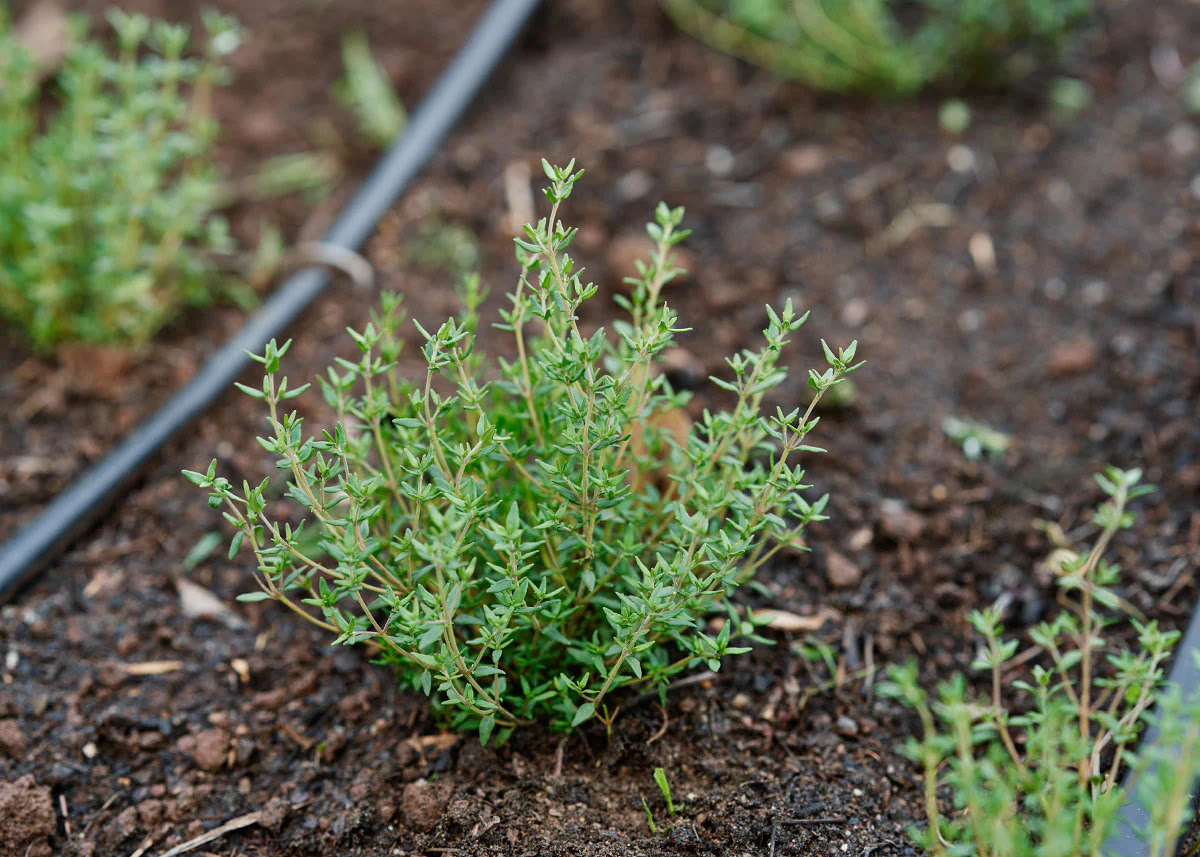
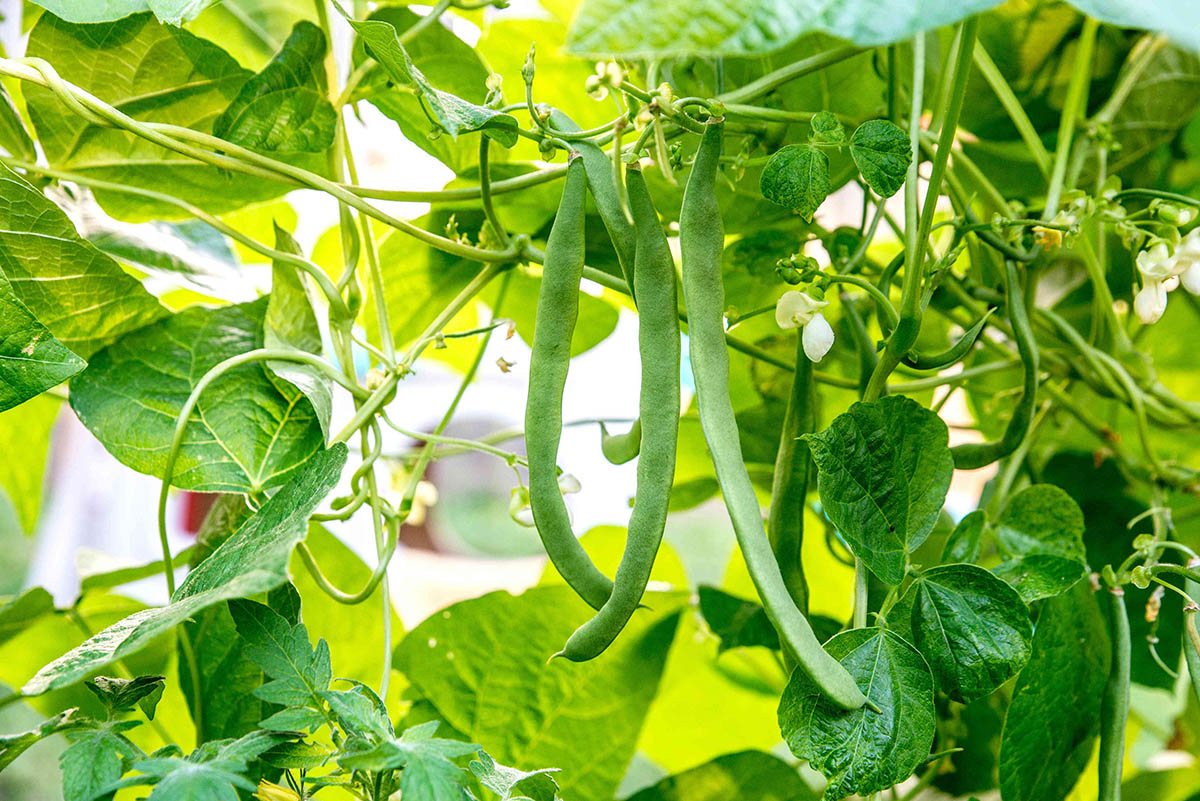
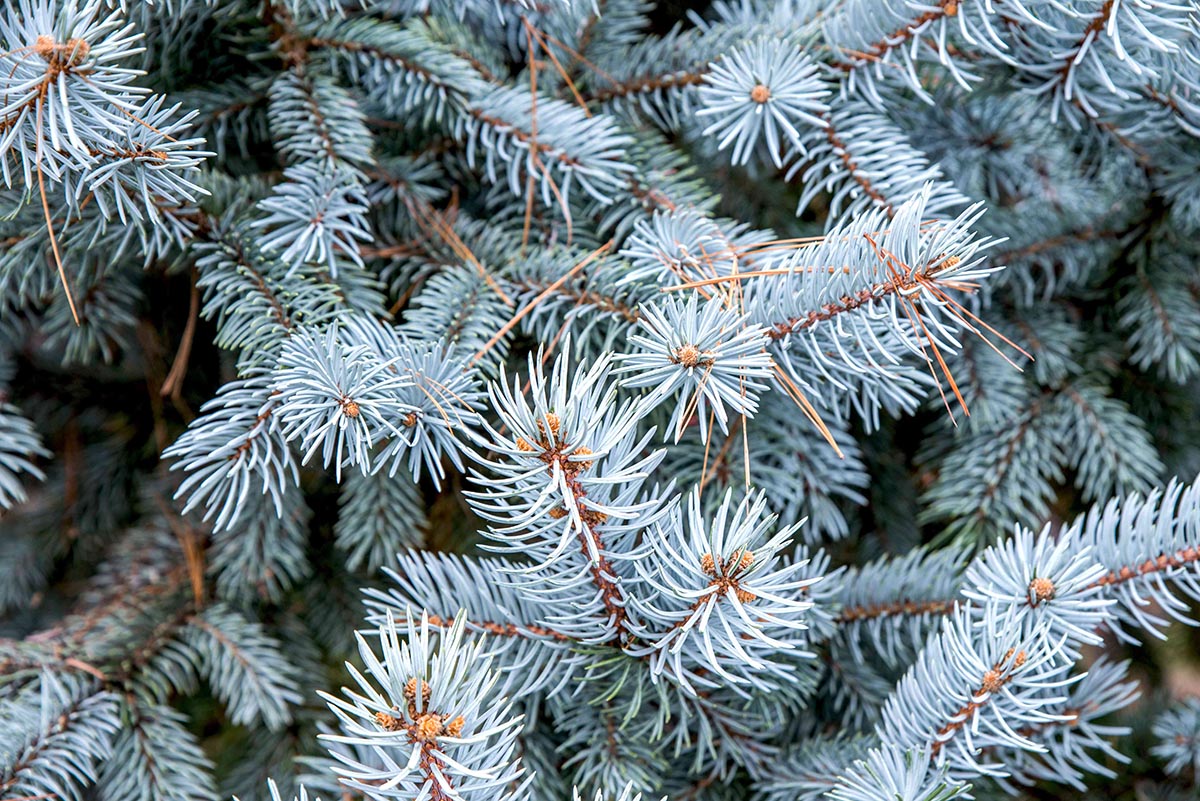
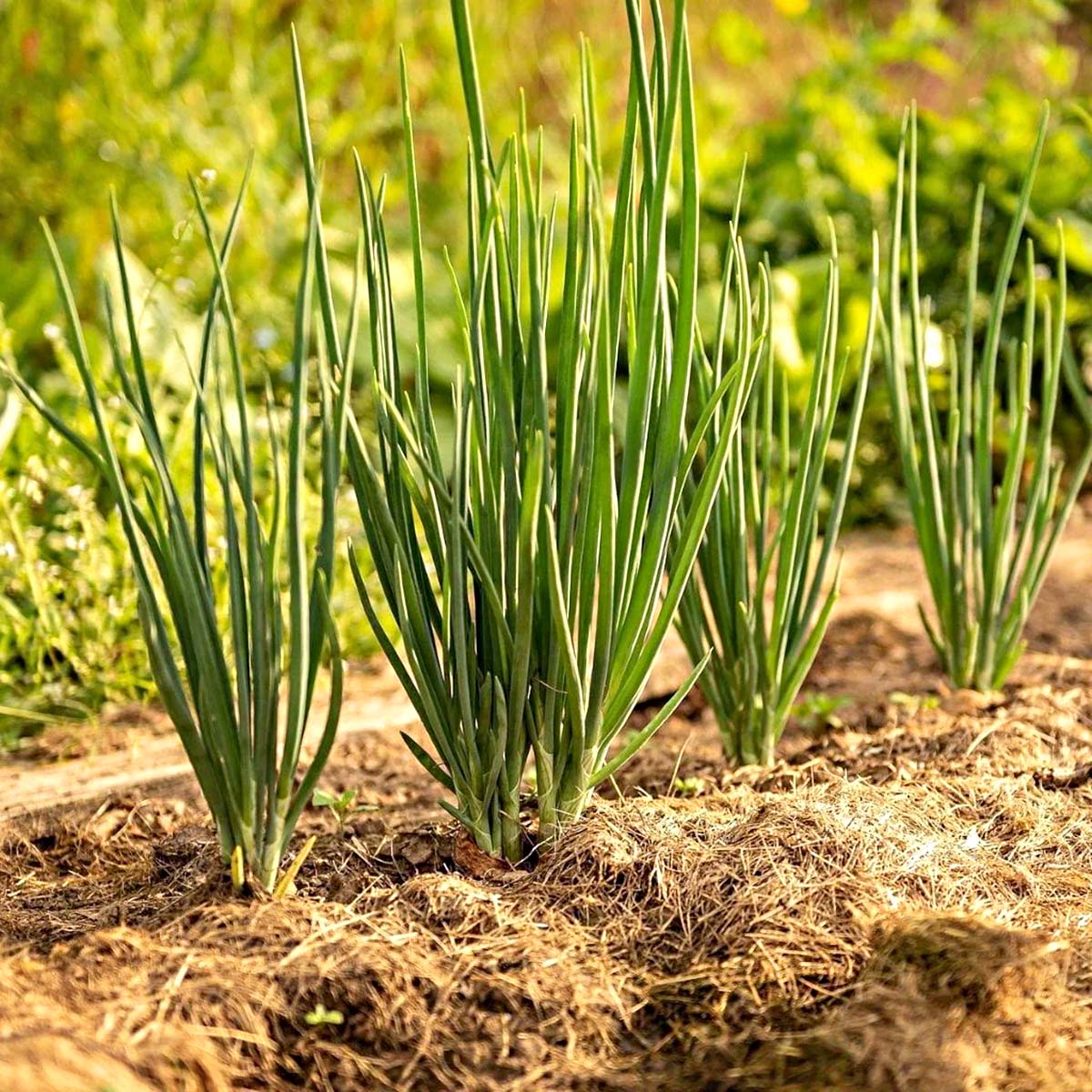

0 thoughts on “How Long Do Petunias Take To Germinate”